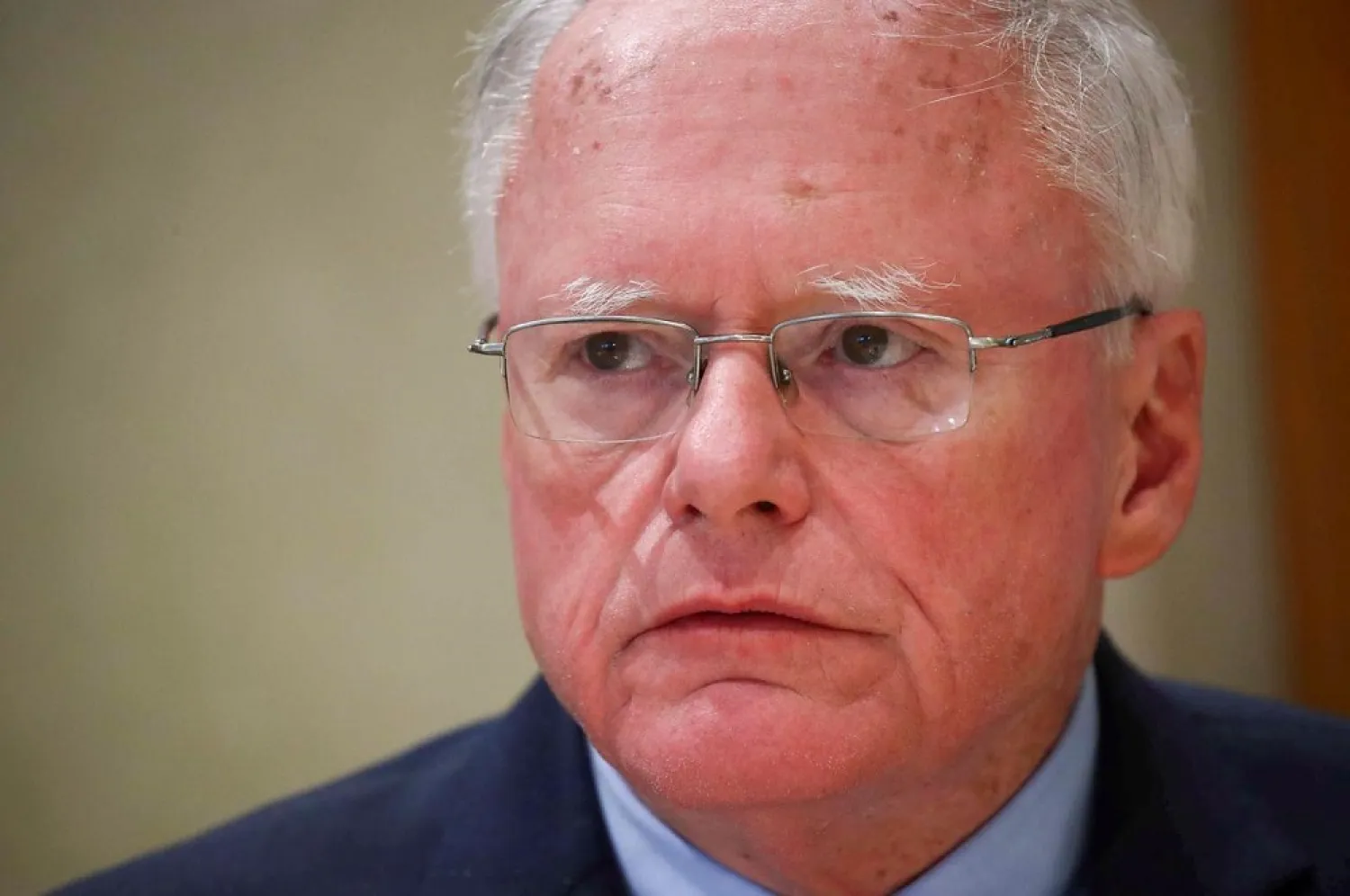Outgoing US envoy to Syria James Jeffrey admitted that he and his team had hidden from US President Donald Trump the actual number of American troops deployed in northeastern Syria.
In comments to Defense One, he acknowledged that his team routinely misled senior leaders about troop levels in Syria.
“We were always playing shell games to not make clear to our leadership how many troops we had there,” Jeffrey said in an interview. The actual number of troops in northeast Syria is “a lot more than” the roughly 200 troops Trump initially agreed to leave there in 2019.
Trump announced the withdrawal of US troops from Syria in October 2019, paving the way for Turkey to launch a military operation, in cooperation with allied Syrian opposition factions, to clear Kurdish forces from its border.
Trump’s abrupt 2019 announcement remains perhaps the single-most controversial foreign policy move during his first years in office, and for Jeffrey, “the most controversial thing in my 50 years in government.”
The order, first handed down in December 2018, led to the resignation of former Defense Secretary Jim Mattis. It catapulted Jeffrey, then Trump’s special envoy for Syria, into the role of special envoy in the counter-ISIS fight when it sparked the protest resignation of his predecessor, Brett McGurk.
For Jeffrey, the incident was far less cut-and-dry — but it is ultimately a success story that ended with US troops still operating in Syria, denying Russian and Syrian territorial gains and preventing ISIS remnants from reconstituting, reported Defense One.
In 2018 and again in October of 2019, when Trump repeated the withdrawal order, the president boasted that ISIS was “defeated.” But each time, the president was convinced to leave a residual force in Syria and the fight continued.
“What Syria withdrawal? There was never a Syria withdrawal,” Jeffrey said. “When the situation in northeast Syria had been fairly stable after we defeated ISIS, [Trump] was inclined to pull out. In each case, we then decided to come up with five better arguments for why we needed to stay. And we succeeded both times. That’s the story.”
Officially, Trump last year agreed to keep several hundred US troops — somewhere between 200 and 400, according to varying reports at the time — stationed in northeast Syria to “secure” oil fields held by the United States’ Kurdish allies in the fight against ISIS. It is generally accepted that the actual number is now higher than that — anonymous officials put the number at about 900 today — but the precise figure is classified and remains unknown even, it appears, to members of Trump’s administration keen to end the so-called “forever wars.”
Jeffrey believes Trump has achieved a kind of political and military “stalemate” in a number of different cold and hot conflicts, producing a situation that is about the best any administration could hope for in such a messy, volatile region that is the Middle East.
In much of Syria, the remaining US troops maintain a fragile stability. In Iraq, Jeffrey credits the Trump administration with maintaining relations with the central government and constraining Iranian influence in Baghdad.
“Stalemate and blocking advances and containing is not a bad thing,” Jeffrey said.
Asked how he would advise the administration of Joe Biden when it takes over his portfolio, Jeffrey said he would urge the President-elect to stay the course laid out by Trump’s team. Some things the Biden team may want to undo he suggests may now be impossible. But above all, don’t attempt “transformation.” Don’t try to “turn Syria into Denmark.” Stalemate is stability.









